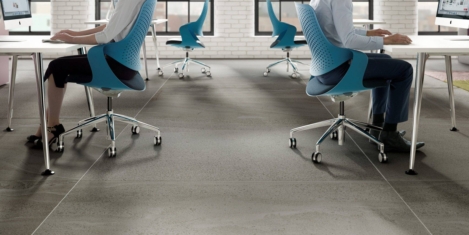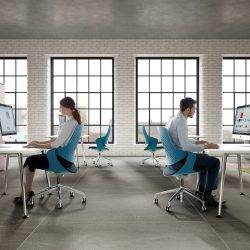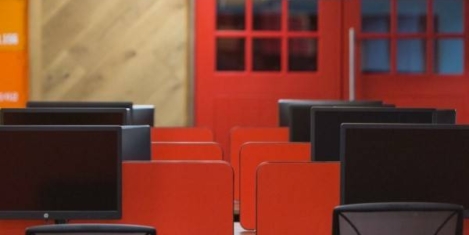June 13, 2017
Workers spend less time on social media and non-work technology in a bid to restore work life balance 0
 According to a new survey by job site CV-Library, over two thirds of workers (67.4 percent) don’t use social media whilst at work, and of those that do, the majority (45 percent) will only do so for up to 15 minutes. The study surveyed 1,200 workers on their opinions around technology in the workplace, and whether it is a distraction or an enabler to professionals. Interestingly, the survey claims that despite 56.1 percent admitting that they use smart phones while they’re at work, the majority (79.8 percent) do not use technology to do personal tasks during work hours. Many 0f the respondents cite the desire for a better work life balance as the main reason for their behaviour.
According to a new survey by job site CV-Library, over two thirds of workers (67.4 percent) don’t use social media whilst at work, and of those that do, the majority (45 percent) will only do so for up to 15 minutes. The study surveyed 1,200 workers on their opinions around technology in the workplace, and whether it is a distraction or an enabler to professionals. Interestingly, the survey claims that despite 56.1 percent admitting that they use smart phones while they’re at work, the majority (79.8 percent) do not use technology to do personal tasks during work hours. Many 0f the respondents cite the desire for a better work life balance as the main reason for their behaviour.



































June 12, 2017
What will the UK General Election mean for the workplace? Some experts respond 0
by Mark Eltringham • Architecture, Comment, Flexible working, Property, Workplace, Workplace design
More →